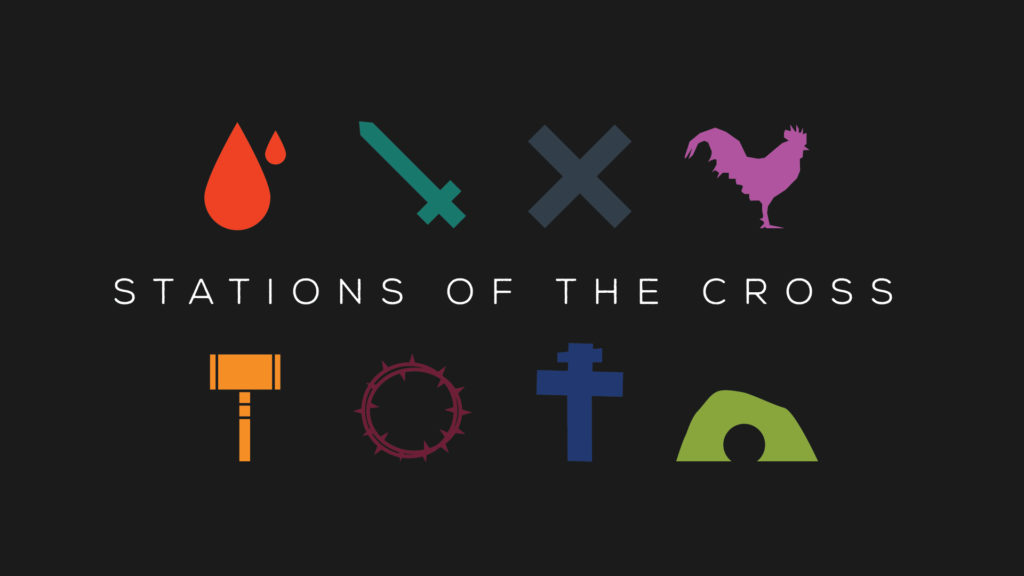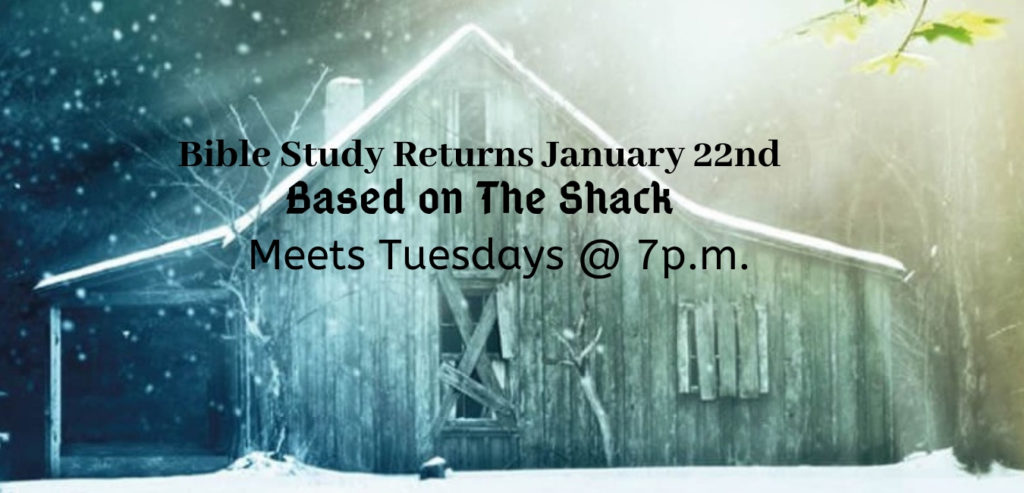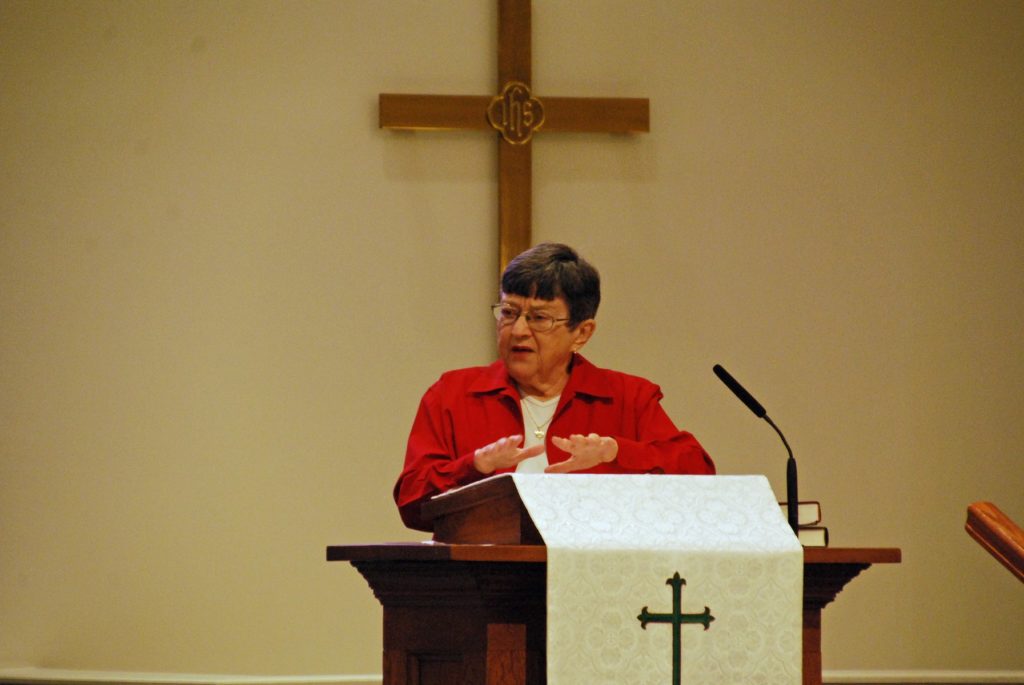
Join us on Good Friday, April 19th for an Open House to go through the Stations of the Cross.
The church will be open for you to come by as you are available, and this is open to the public.
Time: TBD
First Christian Church (Disciples of Christ)
Disciples serving Middletown since 1912.


April 13th, 1:00 p.m. till 3:00 p.m.
Join us for a Community Easter Egg Hunt, we will have egg hunts by age, as well as childrens activities, music, and refreshments.
Join us Wednesday March 6th, at 7:00 p.m. for Ash Wednesday Service, we will have a short service that will close with communion and the imposition of ashes. Join us as we begin the journey through Lent.

Bible Study will resume on January 22nd at 7:00 P.M.
We will be studying based on the movie “The Shack”
Bible study will meet weekly on Tuesdays at 7p.m.

The Reverend John Dick is a retired ordained minister in the American Baptist Church. John is a resident of Middletown. John has served American Baptist Congregations in Midland, MI; Haddonfield, NJ; Wyoming, OH; Middletown, OH and Worcester, MA.

Reverend Glaab is an ordained minister. Sue was a member of First Christian Church while she attended United Theological Seminary. She holds a Masters of Divinity from UTS.
Join us for Worship and other events live!
Sunday December 9th, We had youth and chaperones attend the Middletown Youth Conneciton. Those in attendance assembled 50 stockings to be handed out to those attending Christmas Eve Service at The Gathering.

Middletown Youth Connection is supported by: The Gathering, First Christian Church (Disciples of Christ), First Presbyterian Church, and St. Paul’s United Church of Christ.
The location for the 2018 Middletown Civic Chorus performance is First Christian Church, 4520 Rosedale Rd, Middletown.
December 9th, 3:00 P.M.
There is no admission fee, but a free-will offering will be taken. A small reception follows.
From Wikipedia, the free encyclopedia
Messiah (HWV 56)[1][n 1] is an English-language oratorio composed in 1741 by George Frideric Handel, with a scriptural text compiled by Charles Jennens from the King James Bible, and from the version of the Psalms included with the Book of Common Prayer. It was first performed in Dublin on 13 April 1742 and received its London premiere nearly a year later. After an initially modest public reception, the oratorio gained in popularity, eventually becoming one of the best-known and most frequently performed choral works in Western music.
Handel’s reputation in England, where he had lived since 1712, had been established through his compositions of Italian opera. He turned to English oratorio in the 1730s in response to changes in public taste; Messiah was his sixth work in this genre. Although its structure resembles that of opera, it is not in dramatic form; there are no impersonations of characters and no direct speech. Instead, Jennens’s text is an extended reflection on Jesus as the Messiah called Christ. The text begins in Part I with prophecies by Isaiah and others, and moves to the annunciation to the shepherds, the only “scene” taken from the Gospels. In Part II, Handel concentrates on the Passion and ends with the “Hallelujah” chorus. In Part III he covers the resurrection of the dead and Christ’s glorification in heaven.
Handel wrote Messiah for modest vocal and instrumental forces, with optional settings for many of the individual numbers. In the years after his death, the work was adapted for performance on a much larger scale, with giant orchestras and choirs. In other efforts to update it, its orchestration was revised and amplified by (among others) Mozart (Der Messias). In the late 20th and early 21st centuries the trend has been towards reproducing a greater fidelity to Handel’s original intentions, although “big Messiah” productions continue to be mounted. A near-complete version was issued on 78 rpm discs in 1928; since then the work has been recorded many times.
Bring your favorite dessert to share!
Kate Thompson will present a brief presentation on the Mexican
celebration of the day of the dead…followed by the movie, Coco, a movie for all ages.
It will be a great night before our All Saints Day celebration on Sunday November 4th.
4520 Rosedale Rd
Middletown, OH 45042
Phone:(513) 422-2853
Fax: (513) 422-4530
Email: fccmiddletownoh@gmail.com
SUNDAY MORNING
9:30 am Fellowship Hour
10:30 am Traditional Worship
Children’s Programming Available
THURSDAY EVENING
6:00 pm Youth (Ages 13-21)
7:30 pm Modern Worship
Children’s Programming Available
First Christian Church (Disciples of Christ)
4520 Rosedale Rd. Middletown, Ohio 45042
Church: 513-422-2853
Email: fccmiddletownoh@gmail.com
Worship: Sundays @ 10:30 AM
Youth LIVESTREAM: Fridays @ 3:00 PM
Copyright © 2025 · Lifestyle Theme on Genesis Framework · WordPress · Log in